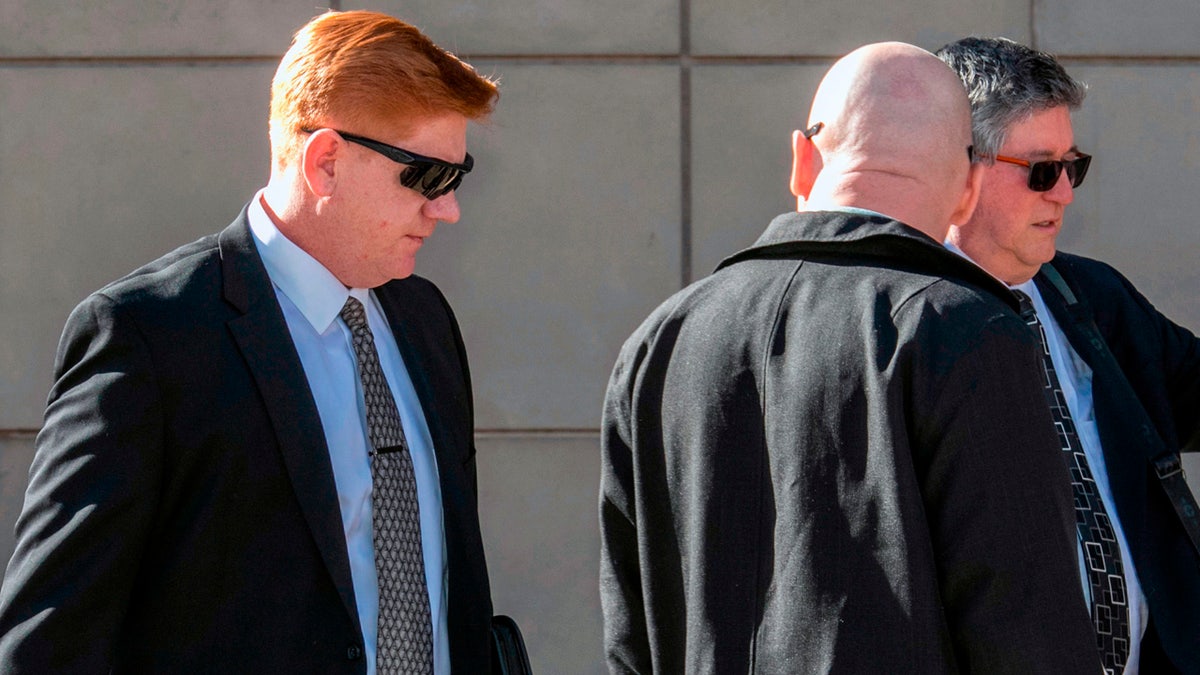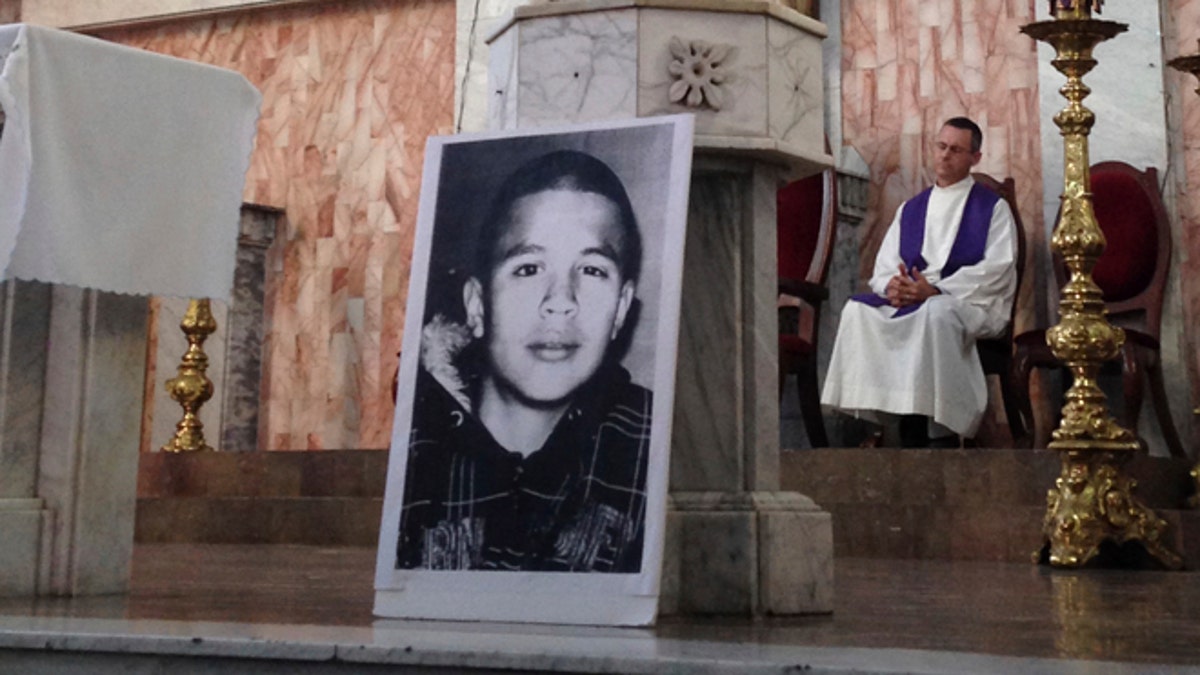
Border Patrol agent Lonnie Swartz, left, walks into federal court in Tucson, Ariz. in March 2018. (Ron Medvescek/Arizona Daily Star via AP, File)
WASHINGTON – The Trump administration urged the Supreme Court on Thursday not to allow the families of Mexican teenagers shot by U.S. border agents to sue those agents for civil damages.
The federal government is not a direct party to a pair of pending appeals, but the justices had asked the Justice Department to weigh in with its views. The high court was urged in a government brief to take up the issue and rule for the agents.
At issue: whether the border agents deserved “qualified immunity” from lawsuits over their official conduct. In separate incidents, both fired their weapons across the border, killing the teens.
One case involved a lawsuit from the family of Sergio Adrián Hernández Güereca, a 15-year-old Mexican citizen, who was shot to death by border agent Jesus Mesa, Jr., near El Paso, Texas, in 2010. The Justice Department earlier declined to pursue criminal charges against Mesa.

Jose Antonio Elena Rodriguez, seen in the picture, was killed in 2012. (AP Photo/Valeria Fernandez, File)
CLARENCE THOMAS SPEAKS OUT AGAINST 'RELIGIOUS TESTS' FOR JUDICIAL PICKS
The other case involved Lonnie Swartz – a U.S. Border Patrol agent accused of using deadly force in the killing of Jose Rodriguez, a 16-year-old Mexican boy, near Nogales, Ariz., in 2012.
Both agents said in the separate incidents they were being attacked by people throwing rocks from the other side of the Mexican border. Swartz was acquitted of second-degree murder.
CLICK HERE TO GET THE FOX NEWS APP
If the justices take up the cases, it could hinge on whether the Mexican plaintiffs could rely on a 1971 Supreme Court decision (known as Bivens), allowing a lawsuit seeking money from federal officials for violations of the Constitution.
The justices could decide in coming weeks whether to put the cases on their argument docket.




